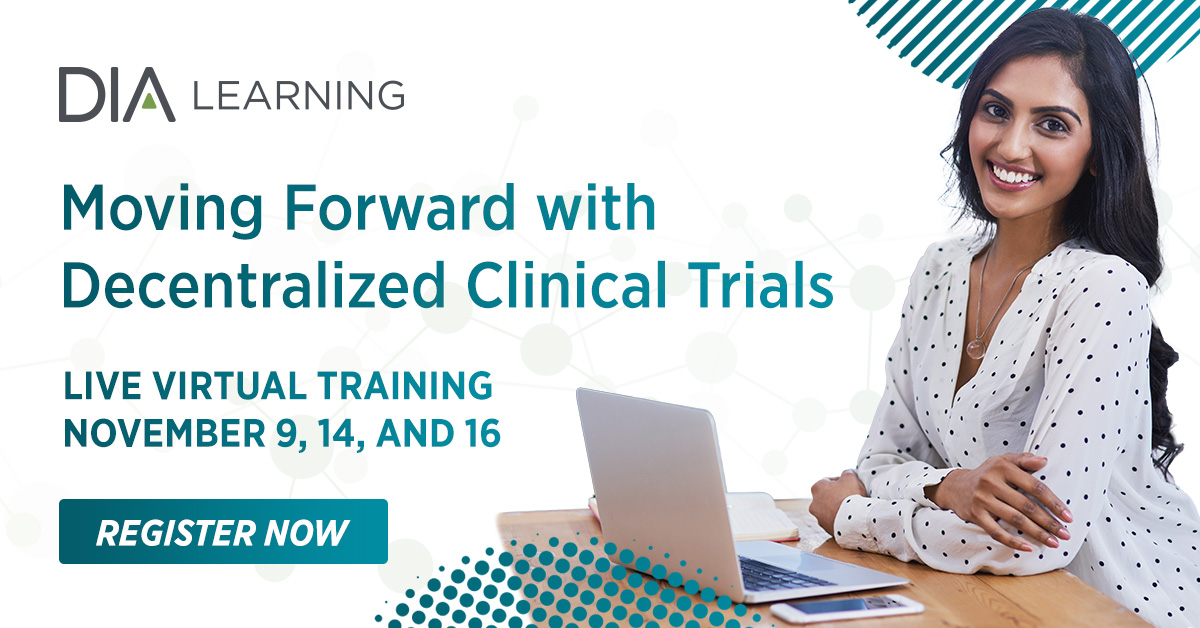Table of Contents
- Feature Articles
- Whole Person Health: An Approach to Closing Health Gaps
- Developing and Launching Successful Digital Health Products: Five Considerations
- New FDA Guidance Addresses Challenges with Cell and Gene Manufacturing Comparability and Complexity
- 3 Ways to Rethink and Improve Pharmacovigilance Outsourcing
Better Oversight, Data Ownership, and Technology Can Power Speed and Agility
 Video: Statistics Powering Risk-Based Quality Management
Video: Statistics Powering Risk-Based Quality Management Video: Clinical Trial Inclusivity, Diversity, and Equity in Action
Video: Clinical Trial Inclusivity, Diversity, and Equity in Action- MEETING HIGHLIGHTS: DIA Global Annual Meeting 2023
- Revolutionizing the Life Sciences: How Diversity, Innovation, and Artificial Intelligence are Accelerating the Future of Health
- SPECIAL SECTION: Solving the Rubik’s Cube of Competing Forces to Realize the Future of Clinical Research
- Part 1: AI and Data Quality in a Decentralized World
- Part 2: Maximizing Patient-Centricity While Minimizing Site Burden through Strategic Partnerships
- Part 3: Maintaining the Human Touch Amidst Digital Transformation
- AROUND THE GLOBE
- Canadian Medical Information Benchmarking Survey: MILE Framework for Digital Provision of Medical Information for Healthcare Professionals
- EU Acts on the Promise of Artificial Intelligence for Medicinal Products
- WE ARE DIA
- Career Circles Mentoring Program Announces 2023-’24 Cohort
- WHITE PAPERS
 University of Cincinnati White Paper Podcast: Master of Pharmaceutical Sciences in Drug Development Online Program
University of Cincinnati White Paper Podcast: Master of Pharmaceutical Sciences in Drug Development Online Program Indegene White Paper Podcast: Digital Tools Building Data Speedway from Bench to Market
Indegene White Paper Podcast: Digital Tools Building Data Speedway from Bench to Market- EXECUTIVE LEADERSHIP
- Editorial Board
Subscribe
Love Global Forum’s new online format? Subscribe today and never miss an issue.
Editorial Board
Content stream editors
Gary Kelloff US National Institutes of Health
Ilan Kirsch Adaptive Biotechnologies Corp.
regulatory science
Isaac Rodriguez-Chavez Independent Consultant
Patient engagement
Chi Pakarinen MediPaCe
Natasha Ratcliffe Patient Engagement Specialist
Thomas Smith Independent Patient Consultant
Data and Digital
Lisa Barbadora Barbadora Ink
Young Professionals Editor
Editorial Staff
Sandra Blumenrath, Managing Editor, Scientific Publications DIA Scientific Communications
Chris M. Slawecki, Managing Editor, Global Forum DIA Scientific Communications
Linda Felaco, Copy Editor and Proofreader
Regional Editors
David Mukanga Bill and Melinda Gates Foundation
ASEAN
Jin Shun Sandoz
AUSTRALIA/NEW ZEALAND
Richard Day University of New South Wales, Medicine, St. Vincent’s Hospital
CHINA
Ling Su Shenyang Pharmaceutical University, Lilly Asia Ventures
Europe
Julie O’Brien Pfizer
INDIA
J. Vijay Venkatraman Oviya MedSafe
JAPAN
Ozawa Goshi Real Discovery Outdoors Co,. Ltd.
LATIN AMERICA
Cammilla Gomes Roche
USA
Ebony Dashiell-Aje BioMarin
DIA Membership
Bringing together stakeholders for the betterment of global health care.
US National Center for Complementary and Integrative Health
ounting evidence points to concerning health trends worldwide. In the US, provisional data reported by the Centers for Disease Control and Prevention (CDC) show that life expectancy, at 76.1 years, is the lowest it has been since 1996. COVID-19 has taken a high toll, but the pre-existing crises of chronic pain, opioid misuse, and obesity and its related conditions like heart disease, kidney failure, and diabetes fuel the loss of not just years but also quality of life.
Novartis
igital health products (such as digital therapeutics, mobile health, telehealth, and personalized medicine) development has been on the rise in recent years, promising to transform healthcare delivery. However, the challenges faced in developing, commercializing, and marketing successful digital health products are significant, including market access and reimbursement; regulatory challenges due to lengthy and costly regulatory approval processes and the reality that ongoing compliance can be a burden even after approval; data privacy and security concerns; a highly competitive field; and reimbursement and revenue models. To minimize risks and maximize the chances of success, companies need to prioritize five key considerations discussed here: user expectations, digital environment, data, go-to-market strategy, and agility.
PharmaLex
evelopment of cell and gene therapy (CGT) products is often challenged by the need to demonstrate product comparability following changes in the manufacturing process. Issues include limited process and product knowledge at different stages of product development compared to more conventional biotherapeutics, the complex mechanism of action, the limited and sometimes variable nature of the starting materials, and analytical methods which are often still in development during a comparability study.
Better Oversight, Data Ownership, and Technology Can Power Speed and Agility
Veeva Vault Safety
or the more than 1 billion drugs provided or prescribed to patients in the US, what if an adverse event is missed or not reported quickly? That question looms heavily for biotech companies that outsource pharmacovigilance, regardless of whether the company is clinical-stage or commercial-stage.
luePoints Co-Founder and Chief Product & Technology Officer François Torche discusses the challenges of collecting clinical trial data with digital or remote tools (eCOA, ePRO, etc.) without putting the quality of that collected data at risk in the below interview.
n 2022, FDA’s Draft Guidance on Diversity Plans and passage of the Food and Drug Omnibus Reform Act (FDORA) significantly changed the landscape for diversity and inclusion in clinical trials. In the below interview, Curavit President and Co-Founder Dave Hanaman and Clinical Research Business Development Manager Natalia Husby discuss Curavit’s new Inclusivity, Diversity, and Equity in Action (IDEA) service offering with DIA Scientific Programs Associate Director Tamei Elliott.
Part 1: AI and Data Quality in a Decentralized World
CluePoints
rtificial intelligence (AI) has massive potential to advance clinical research. A scoping review in 2022 found that use of AI in the design and conduct phases of clinical trials has a positive impact on efficacy, safety and cost containment. From accelerating recruitment and enhancing patient selection, to identifying data quality issues through enhanced statistical analysis, machine learning (ML) and deep learning (DL) approaches are unlocking new possibilities.
Part 2: Maximizing Patient-Centricity While Minimizing Site Burden through Strategic Partnerships
Mural Health
linical trials have always required a huge number of interconnecting elements to operate, but the recent proliferation of patient centricity-enabling clinical trial technologies is compounding this complexity. In an open letter to sponsors and contract research organizations (CROs), the Society for Clinical Research Sites said: “As our industry undergoes rapid change and transformation, sites are experiencing unforeseen, unprecedented, and historic increases in costs centered around patient-facing research staff and overhead.”
Part 3: Maintaining the Human Touch Amidst Digital Transformation
n oft-quoted benefit of hybrid studies and decentralized clinical trials (DCTs) is that they increase recruitment and retention by making it easier for people to take part. A global survey of more than 11,000 trial participants found travel was a top participation burden. The same survey revealed ways to relieve study participation burden, which can include making study visits virtual, reducing travel times and distances, and allowing at-home visits from medical staff.
White Paper
White Paper
How Diversity, Innovation, and Artificial Intelligence are Accelerating the Future of Health
It is not the strongest of the species that survives, nor the most intelligent, but the one most responsive to change.”
—Charles Darwin
echnology has helped bring us to the cusp of several crucial conversations in which stakeholders across the entire life sciences and health ecosystems must engage. Diversity, innovation, and AI can create a hugely powerful synergy that drives transformation across the health and life sciences. But clever ideas and inventions are no longer enough;—for these innovations to breathe new life into the real world, we must also work to create an environment ready to receive and adopt them.
White Paper
White Paper
EMD Serono Inc.
Eli Lilly Canada Inc.
Boehringer Ingelheim Canada Ltd. (retired)
Regulatory Consultant
n pharmaceutical companies, Medical Information (MI) departments serve a key role in providing balanced scientific and medical information in response to unsolicited requests, through various channels, from healthcare professionals (HCPs).
Pfizer, Inc.
egulators are advancing information technology and data modernization initiatives to drive more efficiencies and to become more responsive to industry use of digital technologies in drug development. These include digital health technologies to promote decentralized trials, cloud-based platforms to enable more capacity and external collaboration opportunities, and machine learning (ML) technologies including artificial intelligence (AI) to transform review of high-volume data, including real-world evidence programs. A key milestone took place in July of 2023, with the release by the European Medicines Agency (EMA) of a reflection paper sharing their views on the use of AI in the regulation of medicines.
IA has announced enhancements to our DIA Fellows Mentoring Program








